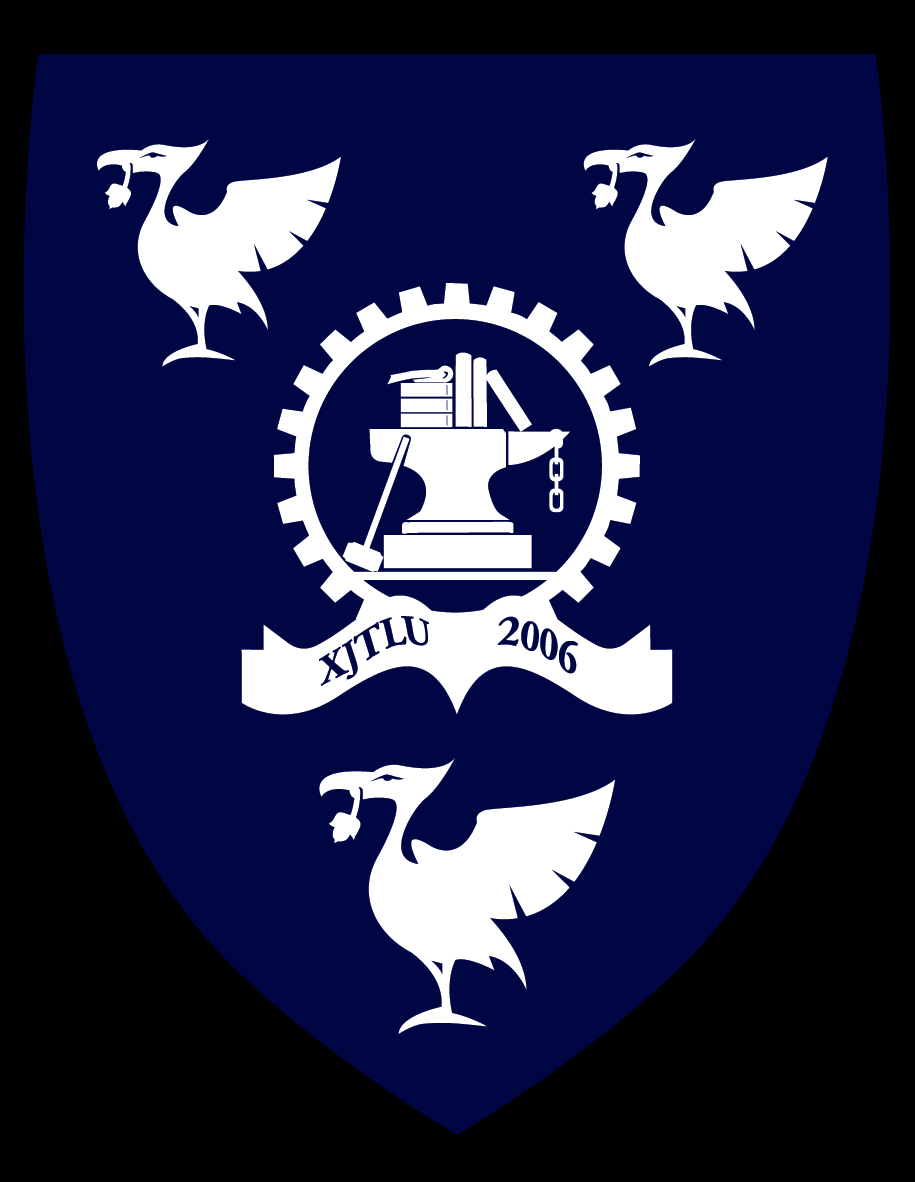Workshop Chairs
- Qiufeng Wang, Xi'an Jiaotong-Liverpool University, China
- Yang Liu, Sun Yat-sen University, China
- Kun Zhang, Carnegie Mellon University, US
- Cheng-Lin Liu, Institute of Automation, Chinese Academy of Sciences, China
Program Committee Members
- Kaizhu Huang, Duke Kunshan University, China
- Yu Zhou, Nankai University, China
- Fei Yin, Institute of Automation, Chinese Academy of Sciences, China
- Jian Xu, Institute of Automation, Chinese Academy of Sciences, China
- Xiaobo Jin, Xi'an Jiaotong-Liverpool University, China
- Tonghua Su, Harbin Institute of Technology, China
- Meng Fang, University of Liverpool, UK
- Qingxing Cao, Sun Yat-sen University, China
- Zhicheng Yang, Hong Kong University of Science and Technology (Guangzhou), China
- Wenda Li, University of Edinburgh, UK
- Jindong Wang, William & Mary, US
Short CV of the Workshop Chairs
Prof. Qiufeng Wang, Professor, the head of Department of Intelligent Science at School of Advanced Technology in Xi'an Jiaotong-Liverpool University (XJTLU), and the Director of Suzhou Municipal Key Lab of Cognitive Computing and Applied Technology. He received the Ph.D degree in Pattern Recognition and Intelligence Systems from Institute of Automation, Chinese Academy of Sciences (CASIA), and won Presidential Scholarship of Chinese Academy of Sciences. After that, he worked at the National Laboratory of Pattern Recognition (NLPR) in CASIA, and then Microsoft. Dr. Wang joined XJTLU in Feb. 2017. His research interests include pattern recognition and machine learning, specially document analysis and recognition. Dr. Wang has published 80+ papers, including IEEE T-PAMI, Patten Recognition, ICCV, ICML, and published one book about deep learning in Springer.
Prof. Yang Liu, the associate professor at the School of Computer Science, Sun Yat-sen University, and a key member of the Human-Cyber-Physical Intelligence Integration Laboratory (HCP-Lab) at Sun Yat-sen University. He received the Ph.D degree from Xidian University. His primary research areas include multimodal understanding and causal reasoning. He has published over 30 papers in journals and conferences such as IEEE T-PAMI, T-IP, CVPR, ICCV, ACM MM, and IJCAI. He published the book "Multimodal Large Models: A New Generation of Artificial Intelligence Technology Paradigms". He was awarded the Outstanding Author of the Year 2024 by the Publishing House of Electronics Industry, the Excellence Award at the 2023 China Software Conference for the Robotic Large Model and Embodied Intelligence Challenge, and the First Prize at the 2023 Guangdong Province Third Youth Academic Showcase in Computer Science.
Prof. Kun Zhang, the associate professor of philosophy and an affiliate faculty in the machine learning department at Carnegie Mellon University; he is also a visiting professor and the acting chair of the machine learning department and the director of the Center for Integrative AI at Mohamed bin Zayed University of Artificial Intelligence (MBZUAI). He develops methods for making causality transparent by torturing various kinds of data and investigates machine learning problems including transfer learning, representation learning, and reinforcement learning from a causal perspective. He has been frequently serving as a senior area chair, area chair, or senior program committee member for major conferences in machine learning or artificial intelligence, including UAI, NeurIPS, ICML, IJCAI, AISTATS, and ICLR. He was a co-founder and general & program co-chair of the first Conference on Causal Learning and Reasoning (CLeaR 2022), a program co-chair of the 38th Conference on Uncertainty in Artificial Intelligence (UAI 2022), a general co-chair of UAI 2023, and is a program co-chair of ICDM 2024.
Prof. Cheng-Lin Liu, received the B.S. degree in electronic engineering from Wuhan University, Wuhan, China, the M.E. degree in electronic engineering from Beijing Polytechnic University (currently Beijing University of Technology), Beijing, China, the Ph.D. degree in pattern recognition and intelligent control from the Institute of Automation of Chinese Academy of Sciences, Beijing, China, in 1989, 1992 and 1995, respectively. He was a postdoctoral fellow at Korea Advanced Institute of Science and Technology (KAIST) and later at Tokyo University of Agriculture and Technology from March 1996 to March 1999. From 1999 to 2004, he was a research staff member and later a senior researcher at the Central Research Laboratory, Hitachi, Ltd., Tokyo, Japan. From 2005, he has been a Professor at the National Laboratory of Pattern Recognition (NLPR), Institute of Automation, Chinese Academy of Sciences, Beijing, China, and is now the director of the laboratory. His research interests include pattern recognition, image processing, machine learning, document analysis and understanding. He has published over 400 technical papers in journals and conferences. He is an associate Editor-in-Chief of Pattern Recognition Journal and Acta Automatica Sinica, an associate editor of several international and domestic journals. He is a Fellow of the CAA, CAAI, IAPR and the IEEE.

